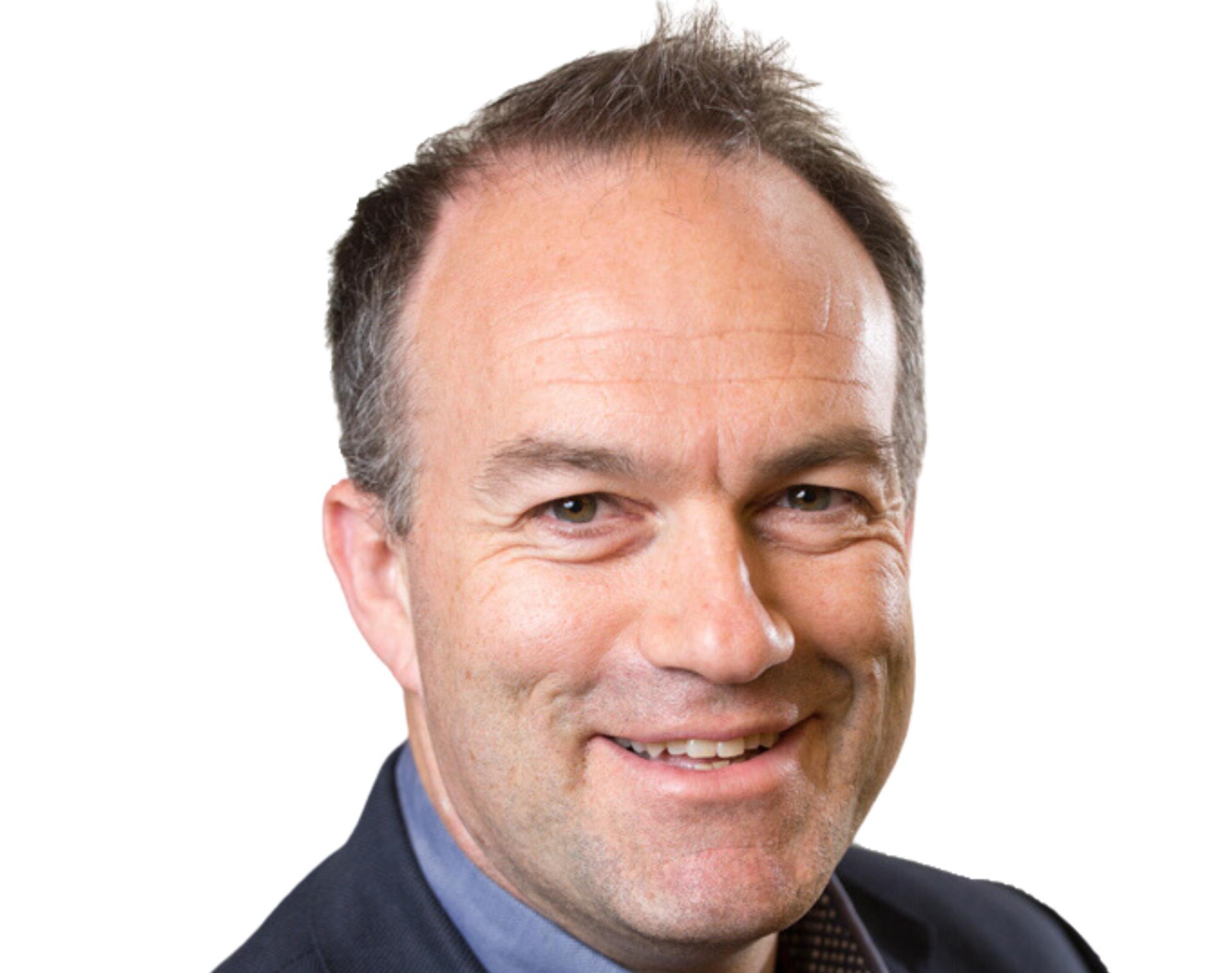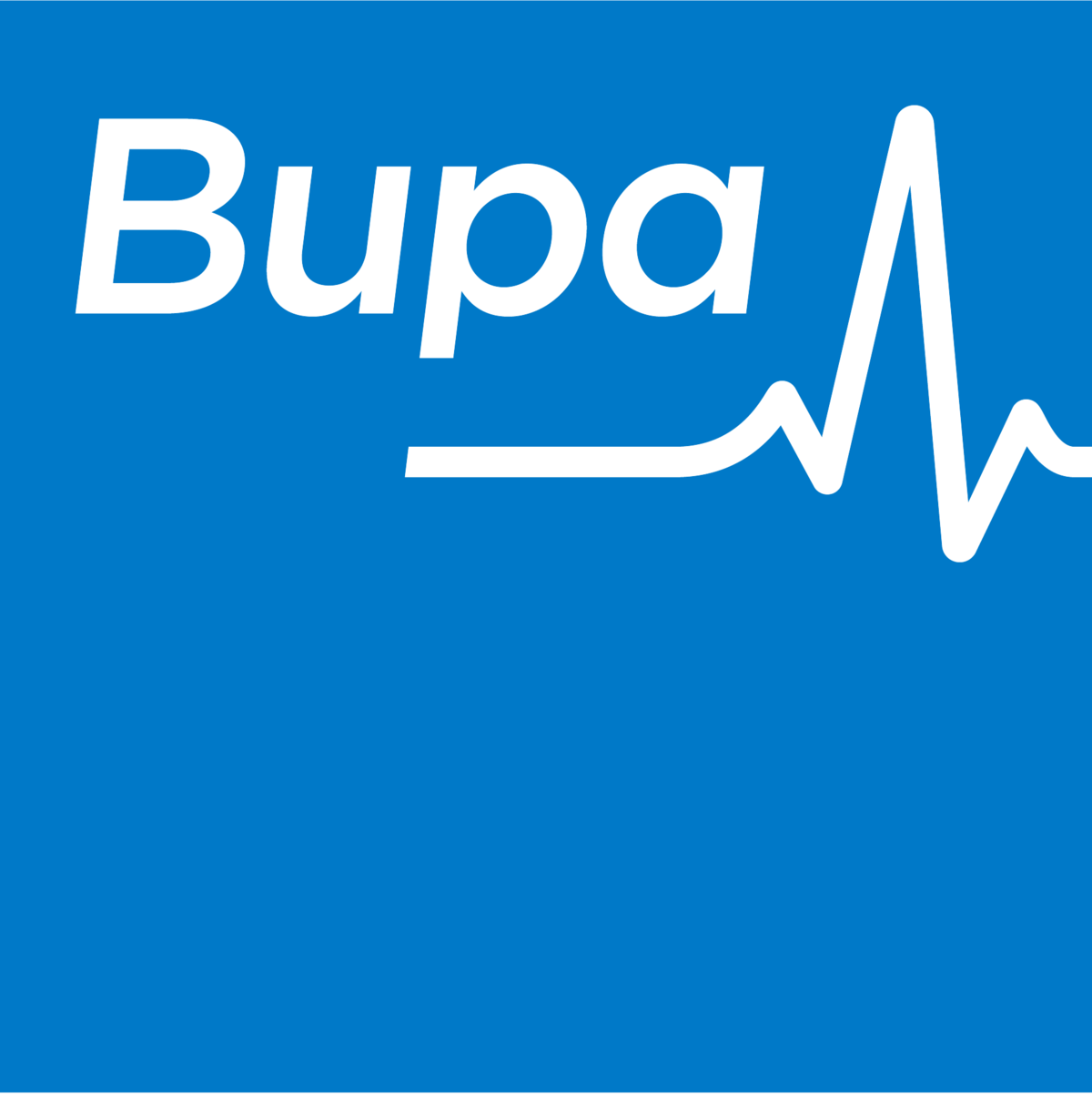Professor Luke Howard
Respiratory Consultant
Lung Health
Sub-specialties: Cardiopulmonary Exercise Test (CPET), Pulmonary Embolism, Pulmonary Hypertension, Right Heart Catheterisation, Breathlessness, Exercise Intolerance, Respiratory Medicine.

Overview
Professor Howard is also a Professor of Practice (Cardiopulmonary Medicine) at the National Heart & Lung Institute, Imperial College London. He is also an honorary Consultant Pulmonologist at St Bartholomew’s Hospital.
About Professor Luke Howard
Professor Howard has expertise in diseases of pulmonary circulation, including pulmonary hypertension (high blood pressure in the lung) and pulmonary embolism (blood clots in the lung); sport and exercise physiology; unexplained breathlessness.
Alongside his work at OneWelbeck, Professor Howard is a Consultant Pulmonologist at Imperial College Healthcare NHS Trust and Director of Pulmonary Hypertension Service and a Clinical lead for exercise physiology. Professor Howard is also a Professor of Practice (Cardiopulmonary Medicine) at the National Heart & Lung Institute, Imperial College London. He is also an honorary Consultant Pulmonologist at St Bartholomew’s Hospital.
Personal Biography
Professor Luke Howard completed his undergraduate training in Physiological Sciences at the University of Oxford, which he followed directly with his research doctorate, also at Oxford, in Altitude Physiology. He moved to the University of Cambridge to complete his clinical studies. He acquired his general medical training in London at the Royal Brompton Hospital and Guys and St Thomas’ Hospital and then undertook specialist training in Cambridge and Papworth before moving back to London to take up his current consultant position.
Professor Howard was appointed Consultant Pulmonologist to the National Pulmonary Hypertension Service at Hammersmith Hospital, Imperial College Healthcare NHS Trust, London in 2006. He also runs the Exercise Physiology Service, based at Hammersmith Hospital.
He has an active research programme in Pulmonary Hypertension and Exercise Physiology, as well as sitting on national and international committees and guideline groups for pulmonary hypertension, pulmonary embolism, oxygen therapy and air travel. He is regarded as an international expert, lecturing around the world in his areas of interest.
Areas of Expertise
Professor Howard treats various conditions including the following:
- Unexplained breathlessness and exercise intolerance
- Pulmonary embolism
- Pulmonary hypertension
Some of the treatments and procedures he offers are:
- Exercise testing
- Right heart catheterisation.
Additional Information
Awards
- National Clinical Excellence Award - Bronze April 2013
- National Clinical Excellence Award - Silver April 2017
- National Clinical Excellence Award - Gold April 2021
- William Harvey Scholarship - University of Cambridge 1994
Memberships
- Fellow of Royal College of Physicians
- Member of European Respiratory Society and British Thoracic Society
Research Highlights
Main research interests
- Early phase clinical studies in pulmonary hypertension examining new targets with novel clinical end-points.
- Use of wearables in telemedicine and clinical trials
Notable Publications
1. Samaranayake CB, Upham J, Tran K, Howard LS, Nguyen S, Lwin M, Anderson J, Wahi S, Price LC, Wort S, Li W, McCabe C and Keir GJ. Right ventricular functional recovery assessment with stress echocardiography and cardiopulmonary exercise testing after pulmonary embolism: a pilot prospective multicentre study. BMJ Open Respir Res. 2023;10.
2. Liew F, Talwar S, Cross A, Willett BJ, Scott S, Logan N, Siggins MK, Swieboda D, Sidhu JK, Efstathiou C, Moore SC, Davis C, Mohamed N, Nunag J, King C, Thompson AAR, Rowland-Jones SL, Docherty AB, Chalmers JD, Ho LP, Horsley A, Raman B, Poinasamy K, Marks M, Kon OM, Howard L, Wootton DG, Dunachie S, Quint JK, Evans RA, Wain LV, Fontanella S, de Silva TI, Ho A, Harrison E, Baillie JK, Semple MG, Brightling C, Thwaites RS, Turtle L, Openshaw PJM, Investigators IC and group P-Cc. SARS-CoV-2-specific nasal IgA wanes 9 months after hospitalisation with COVID-19 and is not induced by subsequent vaccination. EBioMedicine. 2023;87:104402.
3. Howard LS, Rosenkranz S, Frantz RP, Hemnes AR, Pfister T, Hsu Schmitz SF, Skara H, Humbert M and Preston IR. Assessing Daily Life Physical Activity by Actigraphy in Pulmonary Arterial Hypertension: Insights From the Randomized Controlled Study With Selexipag (TRACE). Chest. 2023;163:407-418.
4. Daines L, Zheng B, Elneima O, Harrison E, Lone NI, Hurst JR, Brown JS, Sapey E, Chalmers JD, Quint JK, Pfeffer P, Siddiqui S, Walker S, Poinasamy K, McAuley H, Sereno M, Shikotra A, Singapuri A, Docherty AB, Marks M, Toshner M, Howard LS, Horsley A, Jenkins G, Porter JC, Ho LP, Raman B, Wain LV, Brightling CE, Evans RA, Heaney LG, De Soyza A and Sheikh A. Characteristics and risk factors for post-COVID-19 breathlessness after hospitalisation for COVID-19. ERJ Open Res. 2023;9.
5. Toshner M, Church C, Harbaum L, Rhodes C, Villar Moreschi SS, Liley J, Jones R, Arora A, Batai K, Desai AA, Coghlan JG, Gibbs JSR, Gor D, Graf S, Harlow L, Hernandez-Sanchez J, Howard LS, Humbert M, Karnes J, Kiely DG, Kittles R, Knightbridge E, Lam B, Lutz KA, Nichols WC, Pauciulo MW, Pepke-Zaba J, Suntharalingam J, Soubrier F, Trembath RC, Schwantes-An TL, Wort SJ, Wilkins MR, Gaine S, Morrell NW, Corris PA and Uniphy Clinical Trials N. Mendelian randomisation and experimental medicine approaches to interleukin-6 as a drug target in pulmonary arterial hypertension. Eur Respir J. 2022;59.
6. Oliveira RKF, Nyasulu PS, Iqbal AA, Hamdan Gul M, Ferreira EVM, Leclair JW, Htun ZM, Howard LS, Mocumbi AO, Bryant AJ, Tamuzi JL, Avdeev S, Petrosillo N, Hassan A, Butrous G and de Jesus Perez V. Cardiopulmonary disease as sequelae of long-term COVID-19: Current perspectives and challenges. Front Med (Lausanne). 2022;9:1041236.
7. Hull JH, Burns P, Carre J, Haines J, Hepworth C, Holmes S, Jones N, MacKenzie A, Paton JY, Ricketts WM and Howard LS. BTS clinical statement for the assessment and management of respiratory problems in athletic individuals. Thorax. 2022;77:540-551.
8. Badagliacca R, Rischard F, Giudice FL, Howard L, Papa S, Valli G, Manzi G, Sciomer S, Palange P, Garcia JGN, Vanderpool R, Rinaldo R, Vigo B, Insel M, Fedele F and Vizza CD. Incremental value of cardiopulmonary exercise testing in intermediate-risk pulmonary arterial hypertension. J Heart Lung Transplant. 2022;41:780-790.
9. Dhawan RT, Gopalan D, Howard L, Vicente A, Park M, Manalan K, Wallner I, Marsden P, Dave S, Branley H, Russell G, Dharmarajah N and Kon OM. Beyond the clot: perfusion imaging of the pulmonary vasculature after COVID-19. Lancet Respir Med. 2021;9:107-116.
10.Rosenkranz S, Howard LS, Gomberg-Maitland M and Hoeper MM. Systemic Consequences of Pulmonary Hypertension and Right-Sided Heart Failure. Circulation. 2020;141:678-693.
Major insurers served
If your insurer is not listed, please contact us to confirm your coverage. Please note this does not guarantee coverage or fee assurance. Patients should confirm with their insurer to ensure coverage, check if the doctor is fee-assured, or verify if their policy includes the doctor in question.







Book a consultation
Jul 2025
Appointments available on this day
Click any unavailable day to check availability with similar consultants
Major insurers served: Vitality, Aviva, WPA, Cigna, AXA, Bupa, Healix
If your insurer is not listed, please contact us to confirm your coverage. Please note this does not guarantee coverage or fee assurance. Patients should confirm with their insurer to ensure coverage, check if the doctor is fee-assured, or verify if their policy includes the doctor in question.
Professor Luke Howard
Areas of Expertise
About Professor Luke Howard
Additional Information
Research Highlights
Awards recieved
